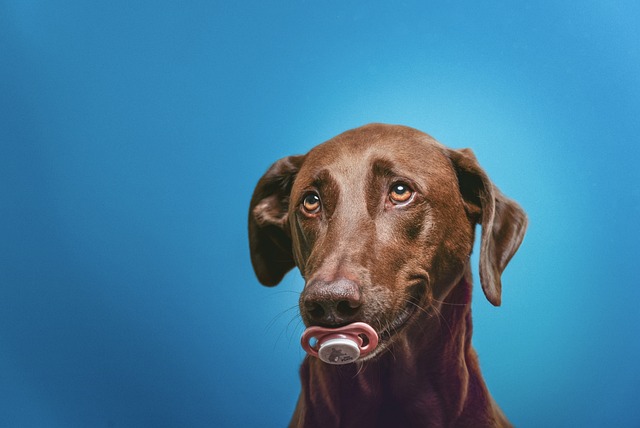
How old should a dog be potty trained?
Most puppies start showing signs they’re ready for potty training between 12 and 16 weeks old—this is when their bladders and bowels develop enough to hold it for short periods.
What is a reasonable age for a puppy to be potty trained? This is one of the top questions for new dog owners in the US, as you navigate the messy but rewarding early weeks with your furry bundle of energy. The answer depends on your puppy’s maturity, breed, and consistency in training—but understanding their physical limits helps set realistic expectations.
From a developmental perspective, puppies can’t control their bladders or bowels until their muscles and nervous systems mature. A puppy’s bladder capacity grows with age, following a rough rule: they can hold it for about one hour per month of age. This means a 2-month-old (8-week-old) puppy might only hold it for 2 hours, while a 4-month-old (16-week-old) can manage 4 hours. Their brains also need time to connect the urge to go with the need to alert you—before 12 weeks, most puppies won’t signal (like whining or pawing at the door) when they need to go, making accidents inevitable no matter how hard you try. Small breeds often mature faster than large breeds; a 12-week-old Chihuahua might show more control than a 12-week-old Great Dane, whose body is growing faster than their bladder capacity.
Practical training steps start with consistency, not age. Begin as soon as you bring your puppy home, around 8–10 weeks old, by establishing a routine. Take them out first thing in the morning, after naps, after eating/drinking, and before bed—set a timer to avoid missing these windows. When they go potty outside, celebrate with enthusiastic praise (“Good potty!”) and a tiny treat (like a piece of chicken) to link outdoor toileting with rewards. For a 10-week-old Labrador, this might mean 6–8 potty breaks daily, including mid-night trips at first. Use a consistent spot in your yard or apartment complex (if allowed) to build familiarity. If accidents happen indoors, clean them with an enzymatic cleaner (not ammonia-based products, which smell like urine and encourage repeat accidents) and avoid scolding—yelling or rubbing their nose in it creates fear, making them hide to go potty later.
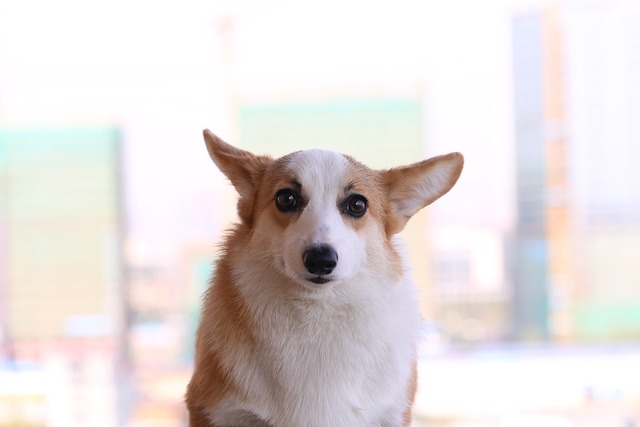
By 4–6 months old, most puppies gain better control and learn to signal their needs, though occasional accidents (like during excitement or illness) are normal until 6–8 months. Small breeds might master it by 5 months, while large breeds may take a bit longer—patience is key.
In the US, potty training ties to legal and cultural norms. Keeping your puppy current on mandatory rabies vaccines (required by 4–6 months in most states) aligns with responsible ownership, and a trained dog is less likely to have outdoor accidents that spread germs. When walking, always carry waste bags—cities like Boston fines owners $300 for uncollected waste, and cleaning up shows respect for community spaces. Culturally, positive reinforcement is the gold standard: rewards and patience work better than punishment, fostering trust between you and your puppy.
For apartment dwellers, use puppy pads temporarily if outdoor access is limited, but transition to outdoor training as they mature to avoid dependency. In communities, stick to designated pet areas and keep noise down during early-morning potty trips to respect neighbors.
Remember, every puppy learns at their own pace. With consistency and kindness, your puppy will master potty training, turning those early accidents into a distant memory.

Most puppies start showing signs they’re ready for potty training between 12 and 16 weeks old—this is when their bladders and bowels develop enough to hold it for short periods.
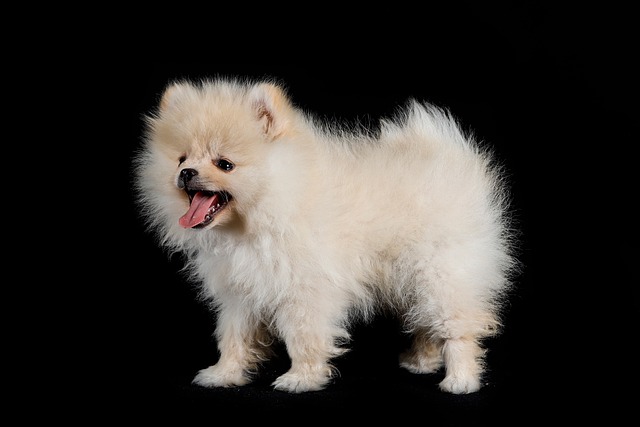
Picture this: you’re relaxing in your apartment, and your phone slips between the couch cushions. Instead of awkwardly shuffling the furniture, you wish your Labrador
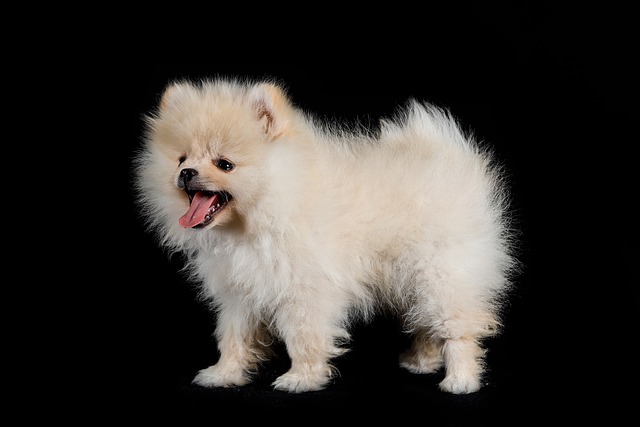
You’ve just adopted a wonderful adult rescue dog, Buddy, and you’ve been told he isn’t quite house-trained yet. The crate is set up in the corner of your Chicago apartment
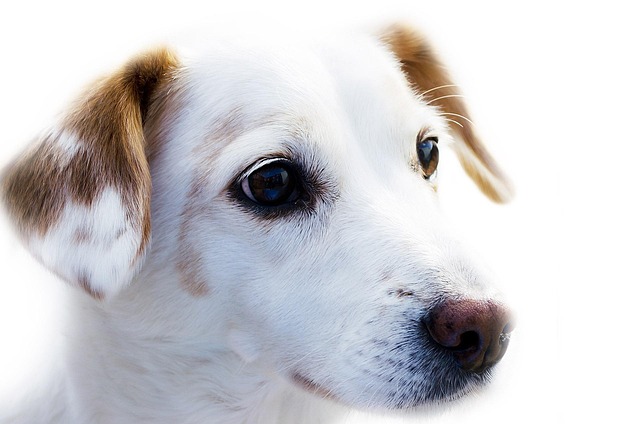
Choosing the right crate size sets the foundation—your dog should stand, turn, and lie down comfortably, but not have extra space to use one corner as a bathroom.
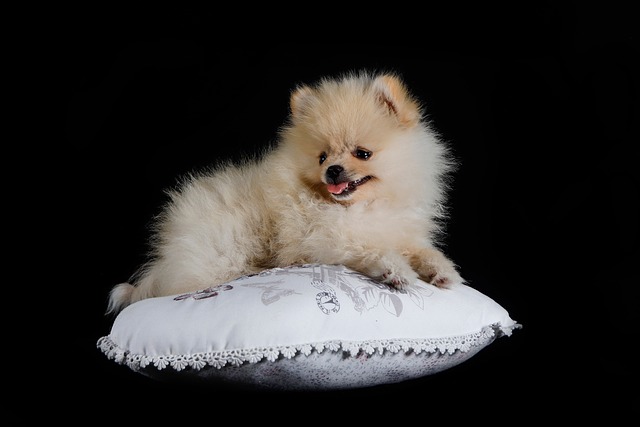
You’ve just brought home your new puppy, Charlie, and you’ve heard a crate is essential for house training and safety.
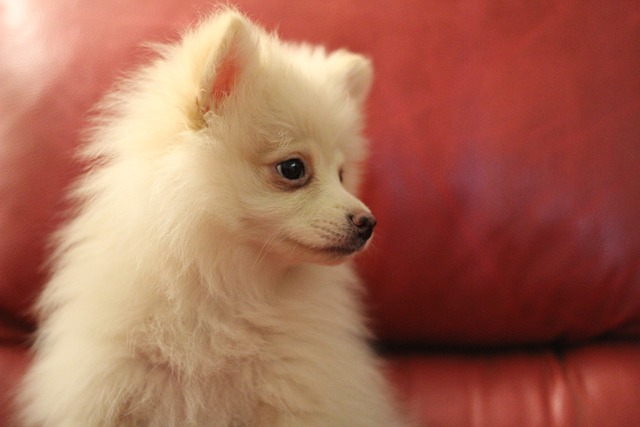
Bringing home your new puppy, Max, is a joy, but the first night can be a rude awakening for everyone involved if he cries incessantly in his crate.